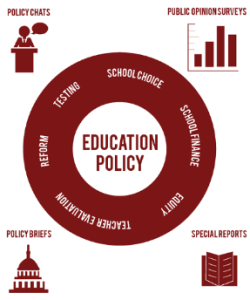Daily School Hours
Given the high-pressure education system, Chinese students are known to have a packed pattern of education. Typically, students spend from 7: 30 AM to 5: 00 PM at school, with a break for lunch and a rest. This schedule is a five day a week + 8 hours of work/school per day, meaning his day is 40-45 hours long at school. This is without taking into consideration other hours spent on homework or helping the child at supplementary classes: those are the norms.

Homework and Tutoring in the After-School Hours
Chinese students typically have hours upon hours of homework beyond the regular school day. Middle school children might spend between 1-3 hours per night on homework. For high school students, particularly those who are gearing up for the gaokao (the national college entrance exam), this can stretch to 3-5 hours per night.
Many students spend an additional 10-20 hours per week in after-school tutoring or weekend classes on top of their homework.
Impact of Education Reforms
Beijing recently proposed sweeping education reforms to rein in intensive tutoring to reduce the academic burden on students. These changes consist of things like curtailing tutoring schools and slashing homework loads. This is meant to serve as a more holistic approach to education which facilitates academic success just as much as it does mental health.
Cultural Expectations and their Place
The Chinese context is also marked by cultural expectations to excel academically. They prioritize education among parents and children - often synonymous with life-success and job opportunities, and thereafter, economic class. This culture obsession forces students to put in what is essentially 100 hours a week of work.
Read more about this subject and other sites in the UK that offer this course in the uk elsewhere Learn More how many hours do chinese students go to school.
Conclusion
The Chinese students are amongst the busiest when it comes to their education. They spend long hours in school, follow it up with more hours of homework and then tutoring - indicative of a "highly competitive academic culture." These demands have been softened by more recent reforms, but the deeply rooted cultural attitude to education permeates to this day in the way students work.
